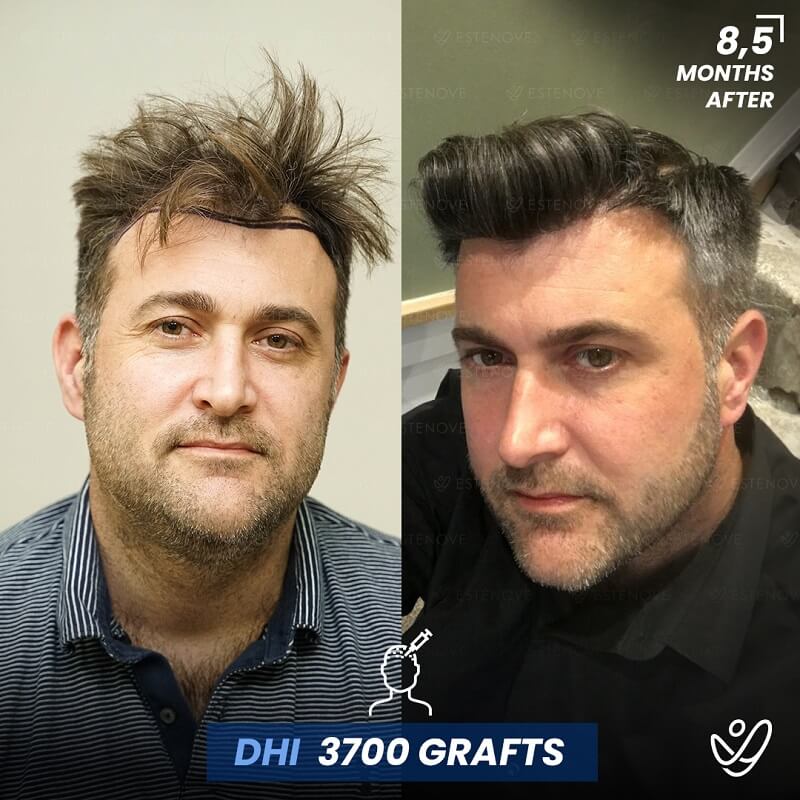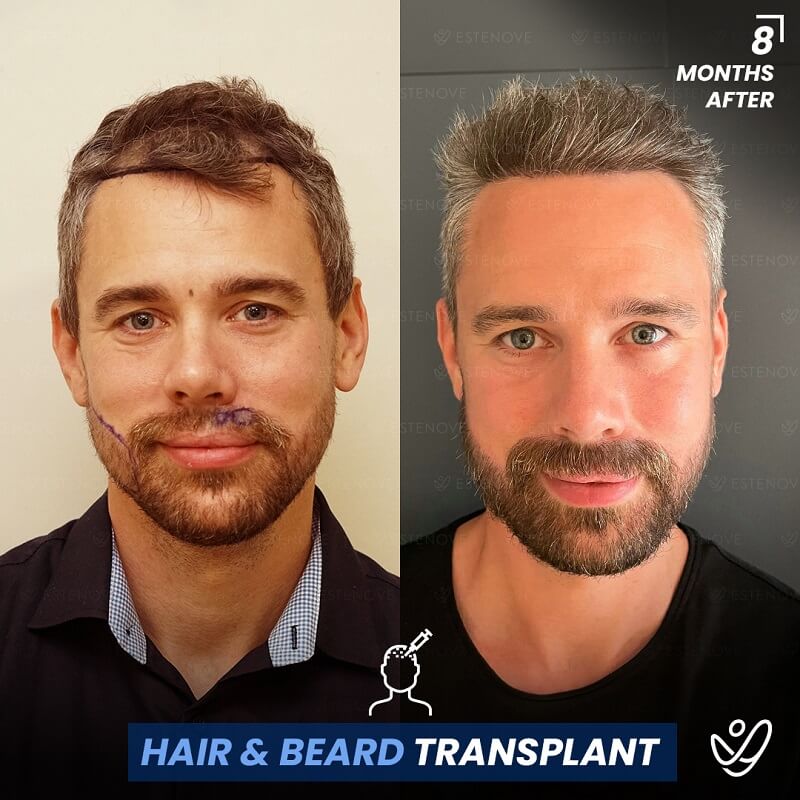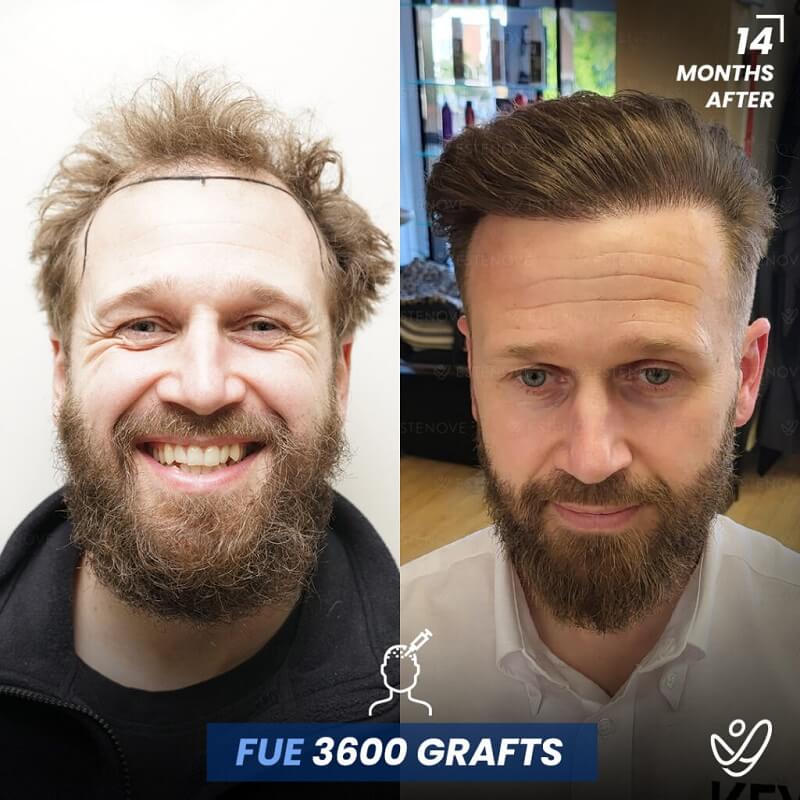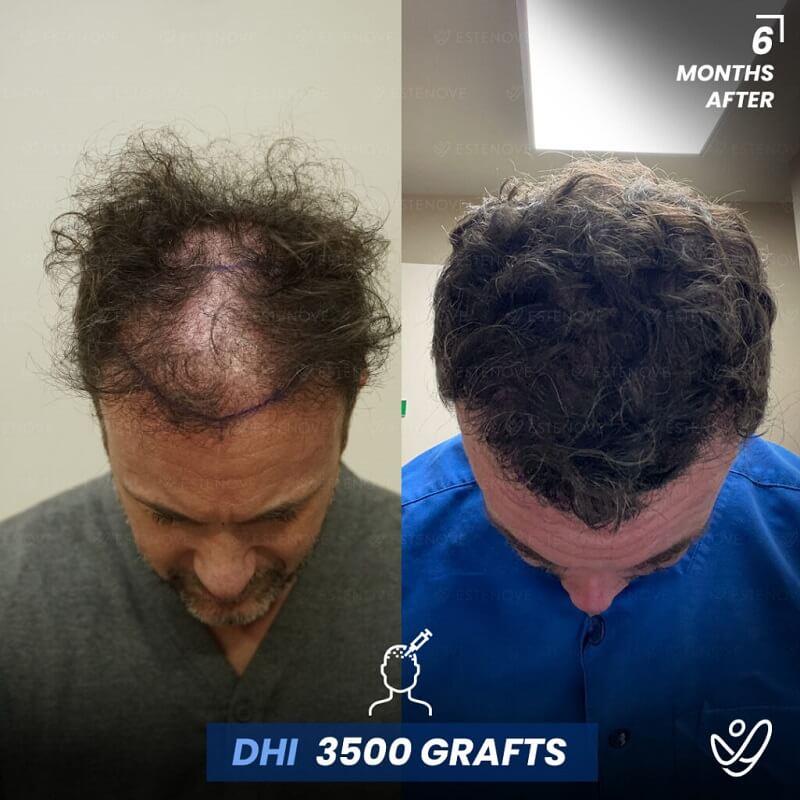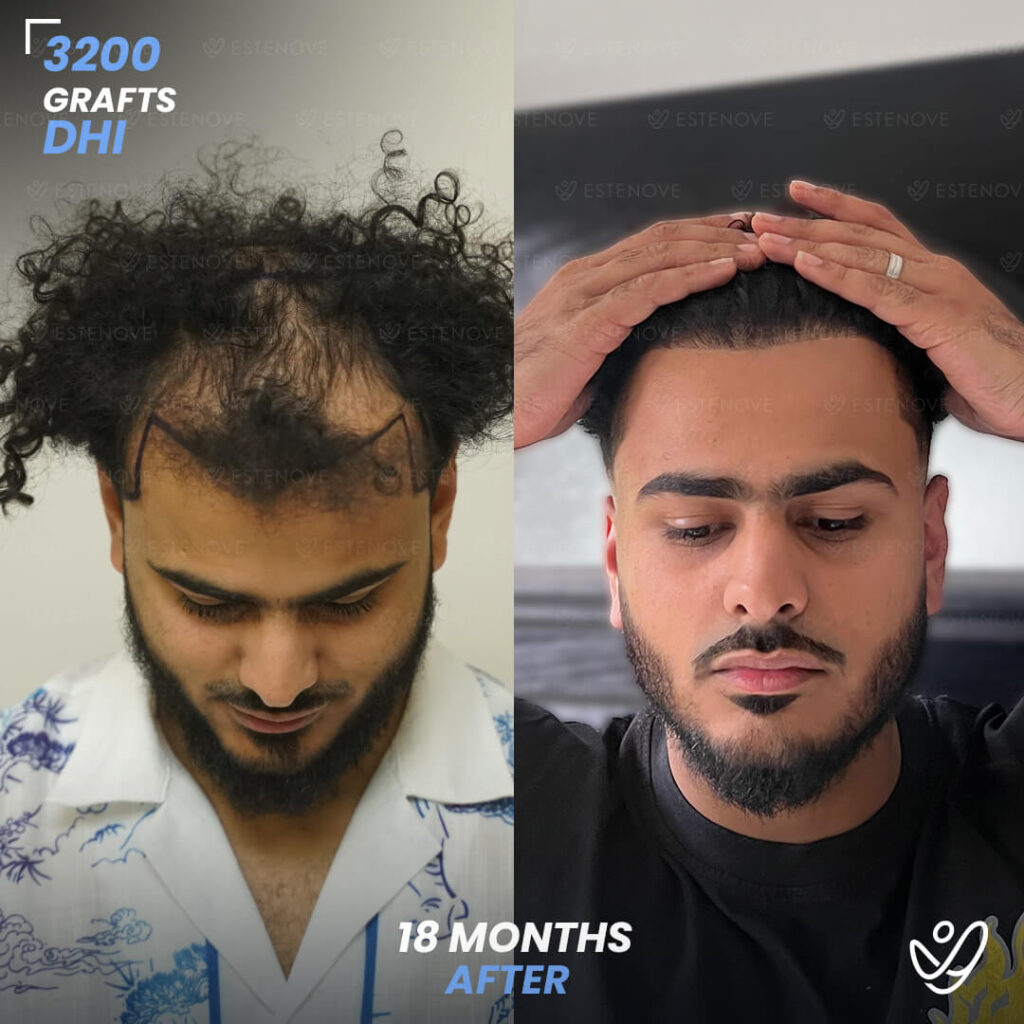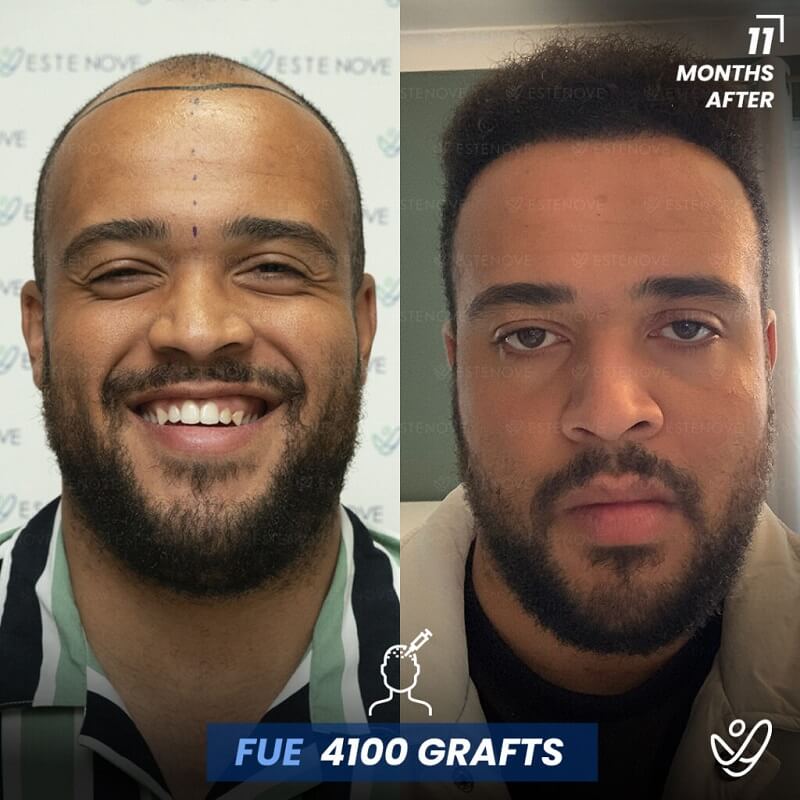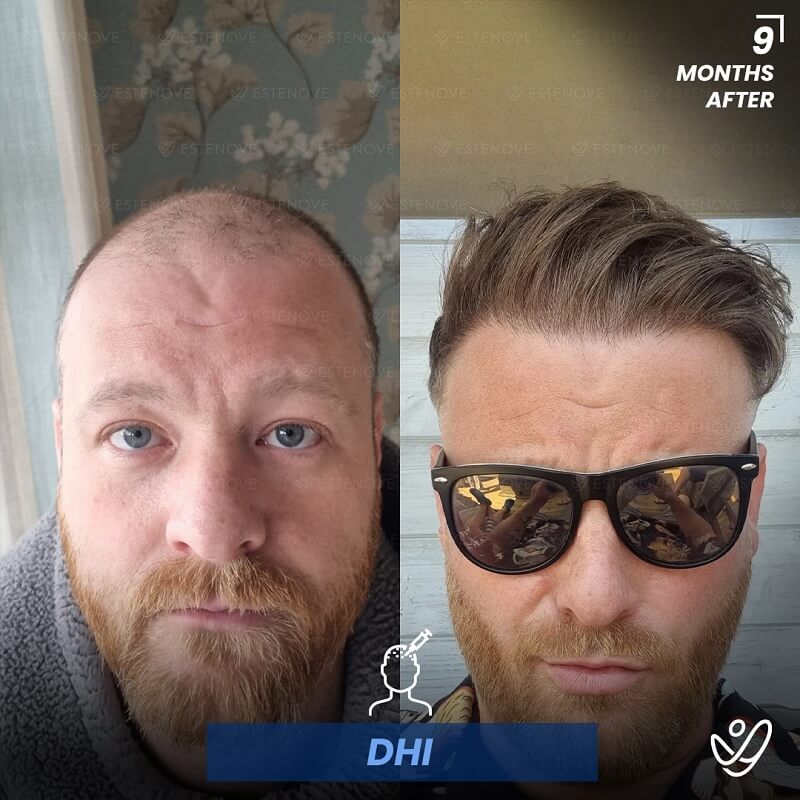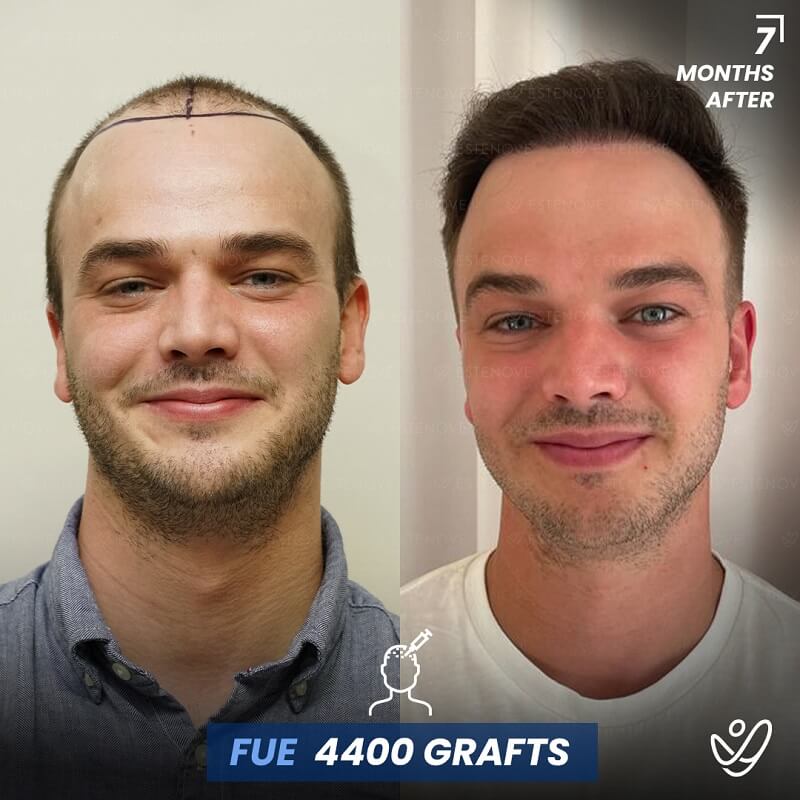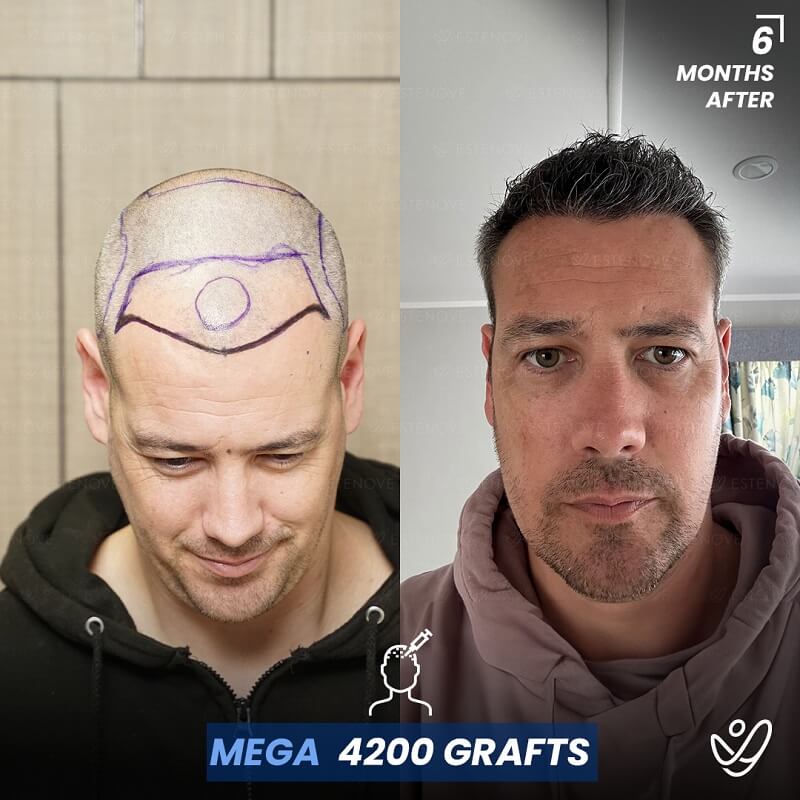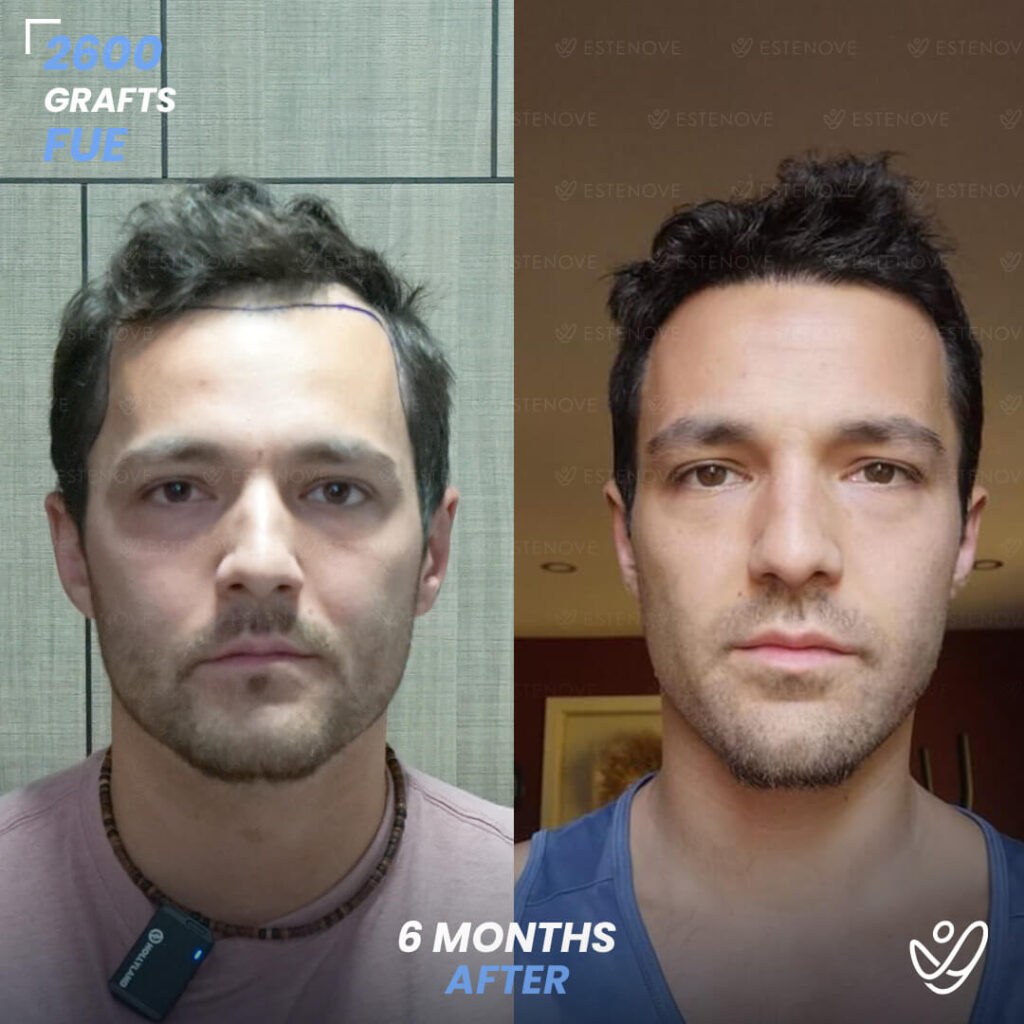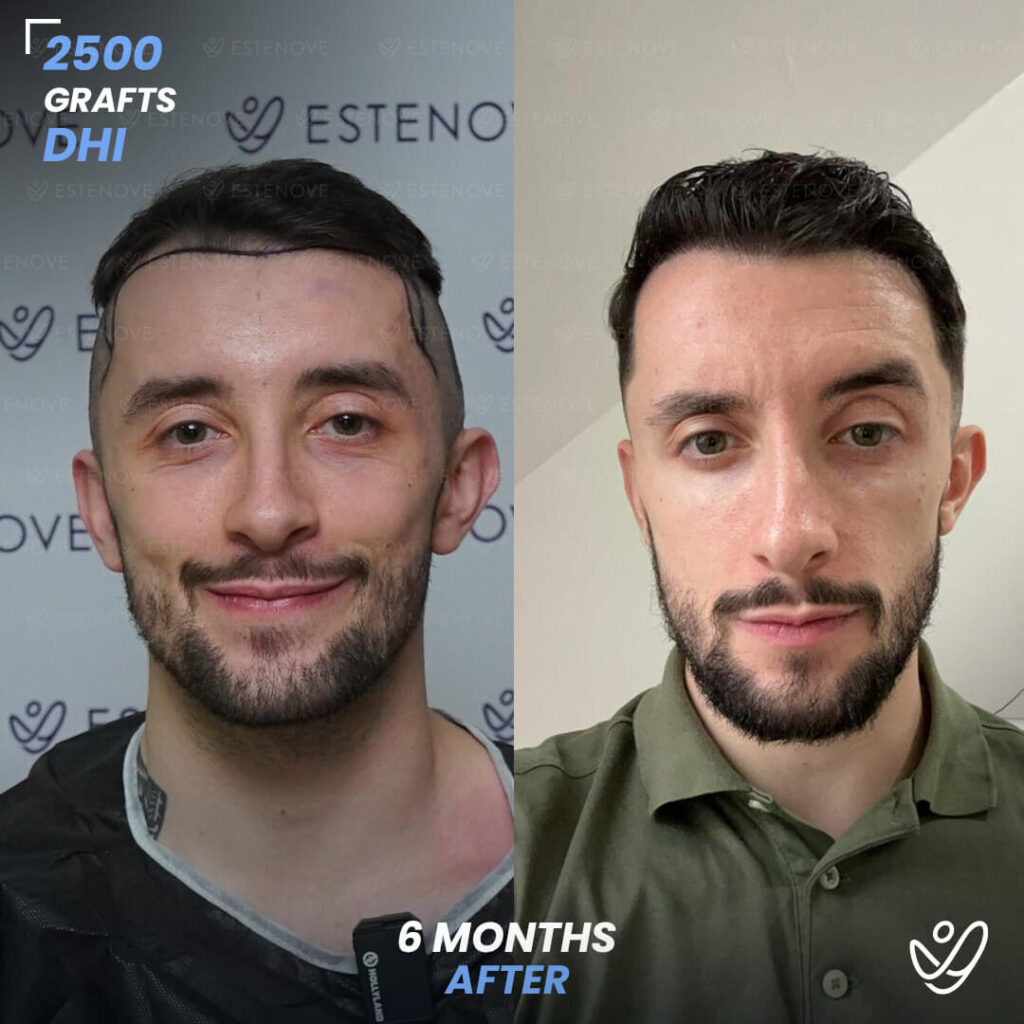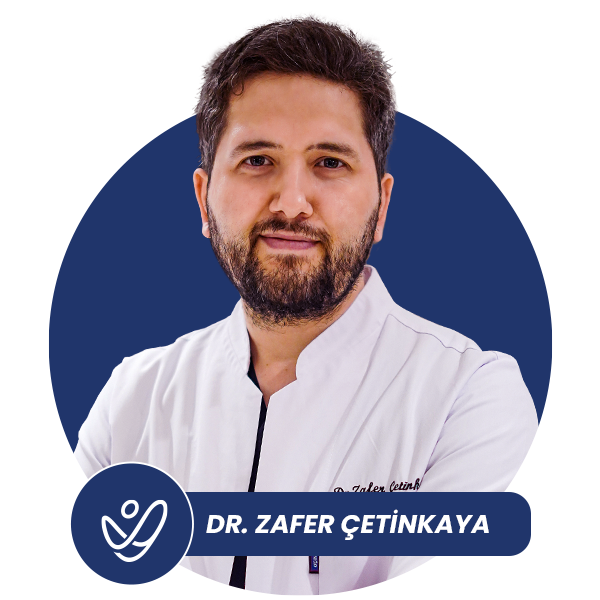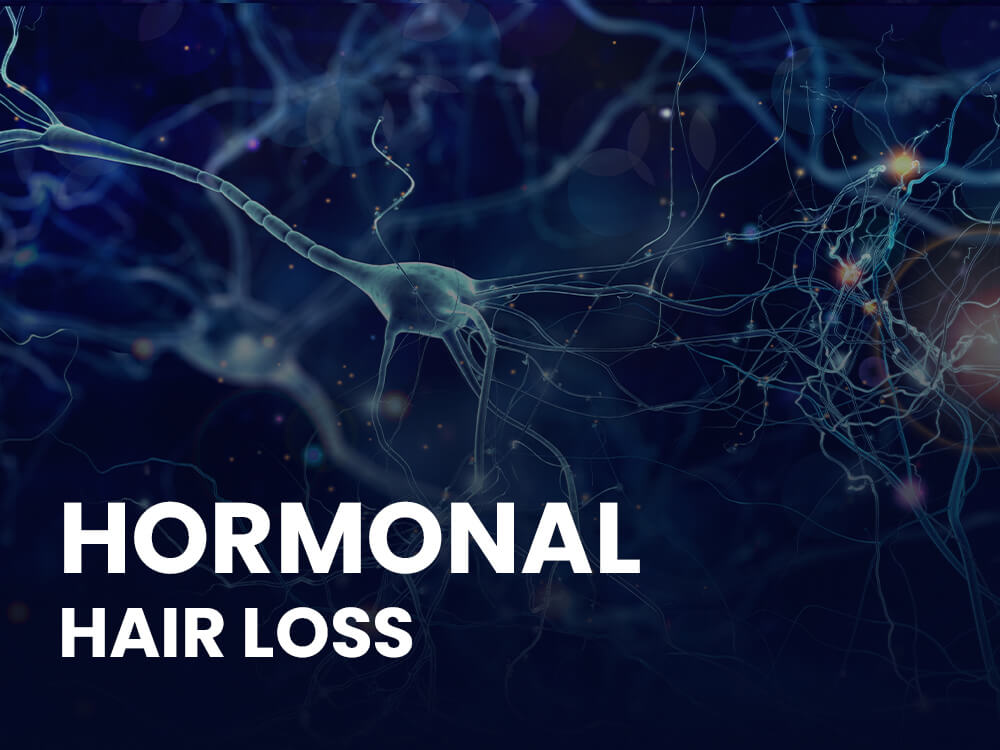
Hair transplantation is a surgical technique that involves moving individual hair follicles from one part of the body, known as the ‘donor site’, to a bald or balding part of the body, known as the ‘recipient site’. This technique is primarily used to treat male pattern baldness, but it is also an effective treatment for hormonal hair loss, which can affect both men and women. Turkey, and particularly Istanbul, has become a popular destination for this procedure due to the high quality of care and affordable prices.
Hormonal hair loss, also known as androgenetic alopecia, is a common condition that affects millions of people worldwide. It is caused by an imbalance in the hormones that regulate hair growth, leading to thinning hair and eventual baldness. Hair transplantation is a permanent solution to this problem, as it involves transplanting healthy hair follicles into the affected areas, where they continue to grow naturally.
Understanding Hormonal Hair Loss
Hormonal hair loss is a condition that is caused by an imbalance in the hormones that regulate hair growth. This imbalance can be triggered by a variety of factors, including age, genetics, and changes in hormone levels due to pregnancy, menopause, or certain medical conditions. The most common type of hormonal hair loss is androgenetic alopecia, which affects both men and women, although it is more common in men.
Androgenetic alopecia is characterized by a pattern of hair loss that begins at the temples and progresses towards the crown of the head. In women, this pattern is often less noticeable, with hair thinning occurring more evenly across the scalp. The condition is caused by an increased sensitivity to the hormone dihydrotestosterone (DHT), which causes the hair follicles to shrink and eventually stop producing hair.
Causes of Hormonal Hair Loss
The primary cause of hormonal hair loss is an increased sensitivity to DHT, a hormone that is derived from testosterone. This sensitivity is often genetic, meaning that if your parents or grandparents experienced hormonal hair loss, you are more likely to experience it as well. However, other factors can also contribute to hormonal hair loss, including age, stress, poor nutrition, and certain medical conditions, such as polycystic ovary syndrome (PCOS) in women.
DHT binds to the receptors in the hair follicles, causing them to shrink and eventually stop producing hair. This process is known as ‘miniaturization’, and it is the primary mechanism behind hormonal hair loss. Over time, the affected hair follicles become so small that they can no longer produce hair, leading to baldness.
Signs and Symptoms of Hormonal Hair Loss
The first sign of hormonal hair loss is often a noticeable thinning of the hair, particularly at the temples and crown of the head. This thinning is often gradual, occurring over a period of several years. Other signs of hormonal hair loss include a receding hairline, a change in the texture of the hair, and an increase in the amount of hair shed each day.
In women, hormonal hair loss can also cause changes in the menstrual cycle, acne, and an increase in facial hair. These symptoms are often a sign of an underlying hormonal imbalance, such as PCOS, which can also contribute to hair loss. If you are experiencing any of these symptoms, it is important to seek medical advice to determine the underlying cause and appropriate treatment.
Hair Transplantation as a Treatment for Hormonal Hair Loss
Hair transplantation is a surgical procedure that involves moving healthy hair follicles from a donor site (usually the back or sides of the head) to the areas affected by hair loss. This procedure is a permanent solution to hormonal hair loss, as the transplanted hair follicles continue to grow naturally in their new location.
The success of a hair transplant depends on a number of factors, including the quality of the donor hair, the extent of the hair loss, and the skill of the doctor. In general, hair transplantation is most successful in individuals who have a sufficient amount of healthy donor hair and who have realistic expectations about the results.
Types of Hair Transplantation
There are two main types of hair transplantation: Direct Hair Implantation (DHI) and Follicular Unit Extraction (FUE). DHI and FUE methods are both very similar. Both procedure types involve removing individual follicular units directly from the donor site and transplanting them into the recipient site. The only key differences are the implantation method in the recipient site and density result.
Both DHI and FUE have their advantages and disadvantages. Both treatments are affordable and can yield a higher number of grafts in a single session, without leaving a linear scar at the donor site, unlike the outdated FUT technique still commonly used in the USA and UK. DHI and FUE methods don’t leave visible scars and have shorter recovery times.
The Hair Transplantation Procedure
The hair transplantation procedure begins with a consultation with a qualified doctor, who will assess your hair loss and discuss your treatment options. If you are a suitable candidate for hair transplantation, the doctor will then design a hairline that is natural and appropriate for your age and facial features.
On the day of the surgery, the donor area is numbed with local anesthesia, and the hair follicles are harvested using a punch extractor. The harvested follicles are then prepared for transplantation under a microscope using the Nove MIC method, ensuring that each follicle is healthy and intact. The recipient area is then numbed with local anesthesia, and the hair follicles are implanted into the scalp using a special tool called a CHOI pen(DHI) or with forceps(FUE). The entire procedure can take anywhere from 4 to 8 hours, depending on the number of grafts.
Calculate the number of grafts needed for your hair transplant and get an estimated cost for various destinations. Try graft calculator
Hair Transplantation in Turkey
Turkey, and particularly Istanbul, has become a popular destination for hair transplantation due to the high quality of care and affordable prices. The country has a large number of clinics that specialize in hair transplantation, many of which are equipped with the latest technology and staffed by experienced doctors.
One of the main advantages of having a hair transplant in Turkey is the cost. The cost of hair transplantation in Turkey is often significantly lower than in other countries, even when taking into account the cost of travel and accommodation. This is due to the lower cost of living in Turkey, as well as the high competition among clinics, which drives down prices.
Choosing a Clinic in Turkey
When choosing a clinic for hair transplantation in Turkey, it is important to do your research and choose a clinic that is reputable and experienced. Look for clinics that have positive reviews from previous patients.
It is also important to have a consultation with the doctor before making a decision. During the consultation, the doctor should assess your hair loss, discuss your treatment options, and provide a realistic expectation of the results. Be wary of clinics that promise unrealistic results or that pressure you into making a decision.
Aftercare and Recovery
After hair transplantation procedure, it is normal to experience some swelling and discomfort in the scalp. This can usually be managed with over-the-counter pain medication and should subside within a few days. The transplanted hair will initially shed, which is a normal part of the process, and new hair growth should begin within 3 to 4 months.
It is important to follow the aftercare instructions provided by the clinic to ensure the best possible results. This may include avoiding strenuous activity and direct sunlight, washing the scalp with a special shampoo, and taking prescribed medications. Regular follow-up appointments with the clinic are also important to monitor the progress of the hair growth and address any concerns.
Estenove: A Leading Hair Transplant Clinic in Istanbul
Estenove is a leading hair transplant clinic located in Istanbul, Turkey. With a team of experienced doctors and state-of-the-art facilities, Estenove provides high-quality hair transplantation services to patients from all over the world. The clinic specializes in both DHI and FUE methods, and offers personalized treatment plans to meet the unique needs of each patient.
At Estenove, patient satisfaction is the top priority. The clinic offers a comprehensive package that includes the hair transplantation procedure, accommodation, airport transfers, and aftercare services, all at an affordable price. With Estenove, you can rest assured that you are in good hands.
Fill the form below to get free consultation

